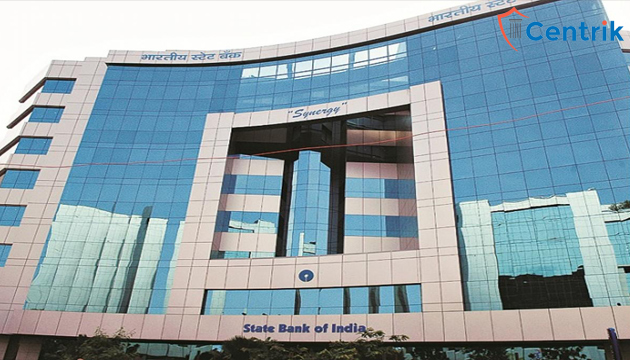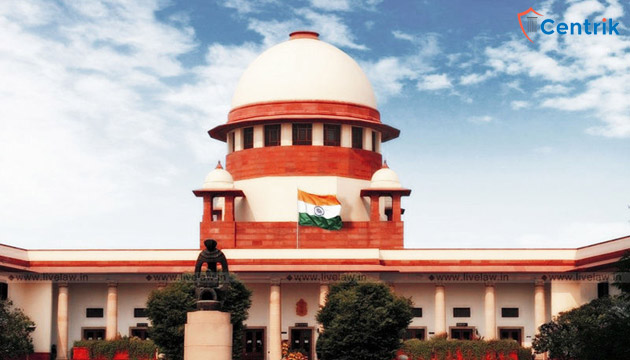How to appeal against an order by NCLT?
Any person aggrieved by the decision of NCLT, or is not satisfied with the decision or if there is any mistake or error on part of NCLT then such a person can appeal NCLAT u/s 61 of IBC for its corrections and proper disposal of judgement/order.











 join For Updates
join For Updates